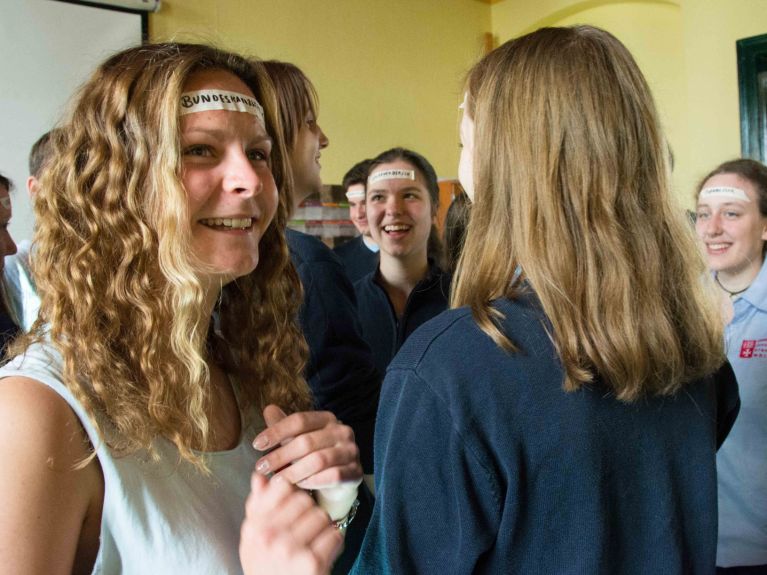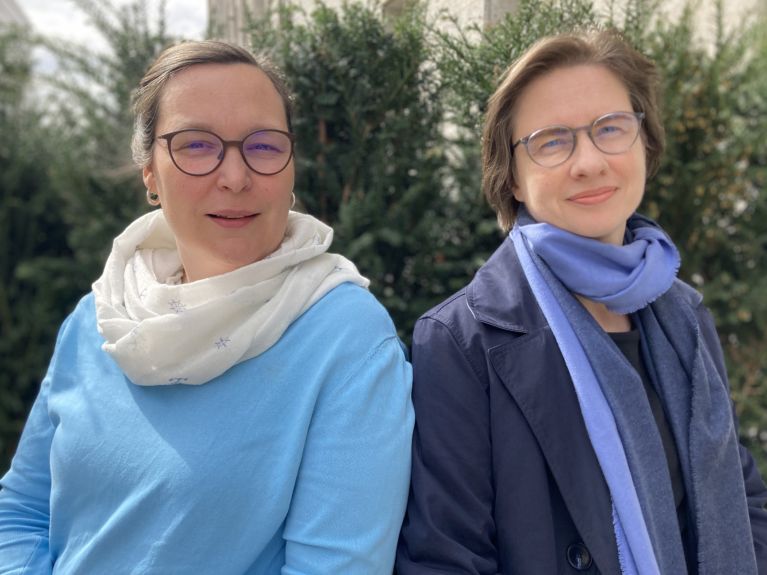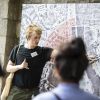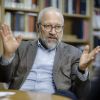“Democracy cannot be taken for granted”
How the association uses its educational activities and argumentation training to strengthen commitment and counter polarisation.

“And what about freedom of opinion?” someone asks provocatively. The room is briefly silent before a young woman replies: “Of course you can express your opinion - but without disparaging other people.” The group nods its agreement. An argumentation training course in how to deal for example with right-wing extremist slogans is in full swing. It’s not about being quick-witted, it’s about taking a stand for democracy and dignity.
For more than 30 years, the non-profit association “Gegen Vergessen – Für Demokratie” (GVFD - Against Forgetting - For Democracy) has been committed to precisely these values. Co-founded in 1993 by former SPD chair Hans-Jochen Vogel in response to attacks motivated by right-wing extremism, the association combines history, education and political engagement to promote a thriving democracy. Ever since, the GVFD has had a number of well-known figures at its helm, including former German President Joachim Gauck. Since 2020, the association has been run by Andreas Vosskuhle, the former president of the Federal Constitutional Court.
A basis for democratic action
“We want to enable people to breathe life into our culture of remembrance and to stand up for democratic values,” says Liane Czeremin, an expert in democracy development and conflict management. She explains that it is about an awareness of history and about critically engaging with the Nazi era and the SED dictatorship – as a basis for democratic action today.

With more than 2,300 members, 43 working groups nationwide and more than 500 projects a year, the GVFD plays a central role in civil society education. One focus is on young people: in projects at memorial sites for example, young people themselves take on a teaching role, study the regional biographies of those persecuted by the Nazis or conduct interviews with contemporary witnesses. When it comes to adult education, police officers are among those who are trained to be “democracy ambassadors” - to strengthen and convey democratic attitudes.
Arguing without escalation
Argumentation training is one particularly popular course offered by the GVFD. Larissa Bothe, group leader for education and competence enhancement, runs many of these courses herself: “The social climate is becoming increasingly harsh, and there is growing polarisation in everyday life. Many people are asking themselves how they should react to this.”
Bothe explains that there is no one set script or formula for success in such cases. “It is important to be aware of one’s own stance. One should remain open, calm and respectful.” In other words, ask questions, show interest, use I-messages, do not attack or seek to embarrass. “We teach strategies and make people understand that they are not alone, they are allowed to take a stance.” In this way, the association literally works “against forgetting and for democracy”. After all, as Liane Czeremin puts it: “Democracy cannot be taken for granted - it is a process in which we all need to play our part.”


